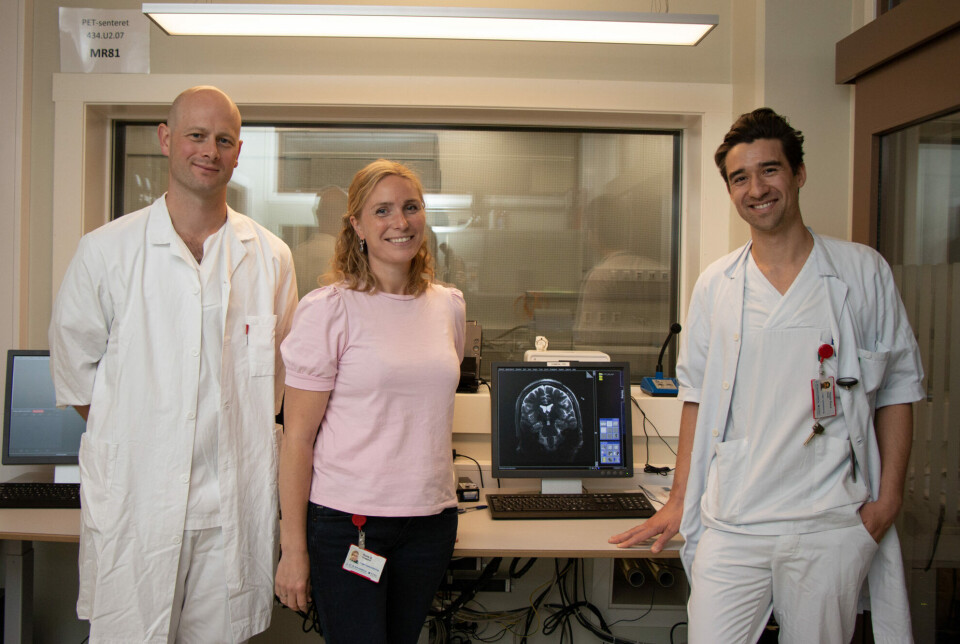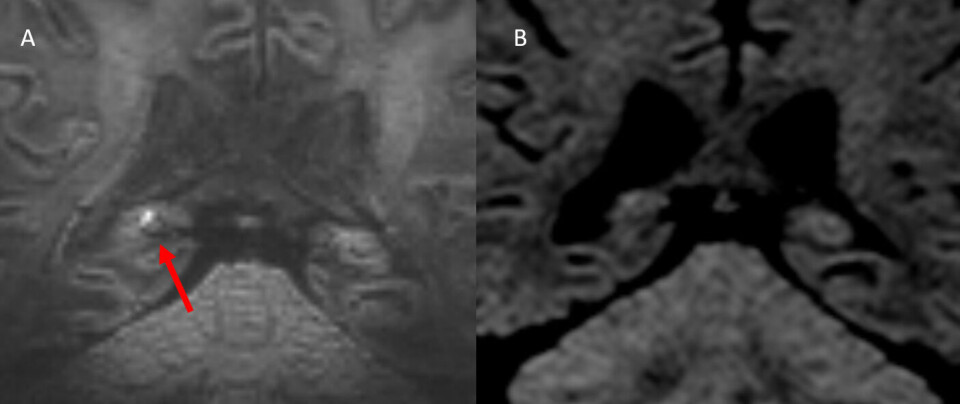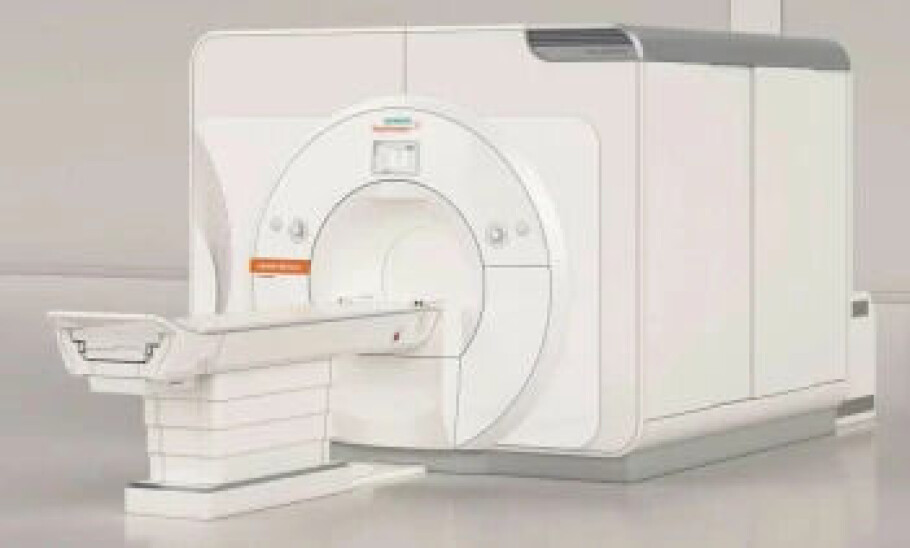THIS ARTICLE/PRESS RELEASE IS PAID FOR AND PRESENTED BY NTNU Norwegian University of Science and Technology - read more

Weddings and cold shock can trigger temporary amnesia
Over 300 Norwegians experience temporary memory loss each year., but the cause has until now been difficult to discern with brain scans. A new MRI machine worth EUR 9.4 million gives hope that more people might be able to find out why they suddenly forgot everything.
Suddenly everything is confusing.
Why am I here?
No idea.
What happened yesterday?
Can’t remember.
Who is that person in the white coat talking to me?
I don’t have a clue.
Each year, more than 300 people in Norway develop temporary memory loss, or amnesia. It’s easy to imagine how frightening an experience this can be. The brain is suddenly no longer able to create new memories.

Migraine increases risk
You can remember who you are and where you live, but not that just a little while ago you saw the same doctor and asked exactly the same questions. Everything that happened in the last few hours is completely blank.
Slowly but surely you remember more. Within a day, everyone begins to make new memories again. But the fright of it doesn’t pass quite so easily. Why did it happen? Could it happen again?
Doctors have had a hard time figuring out the cause of such episodes, too. Some triggers are well known. Sex. Cold shock. Conflict at the workplace or with a partner. Giving a public speech that evokes a lot of emotion, like at a wedding. Strenuous gardening.
One common factor for the vast majority of those afflicted is mental or physical stress.
But temporary memory loss – with the clinical name transient global amnesia (TGA) – can also be caused by oedema or epilepsy.
If you have migraines, the risk of TGA is much higher. The same applies if you have reached the age of 50.
Research shows that one in eight people will actually have a recurrence of TGA.

Super magnet for EUR 9.4 million
Doctors need to have a solid base of knowledge so the treatment can be focused. It could be easy to start with the wrong treatment without clearer information that can lead in the right direction.
A new MRI machine and a new study give hope that more people can find out why they suddenly forgot everything.
Three years ago, the national 7 Tesla MRI centre at St. Olavs Hospital and NTNU in Trondheim acquired an MRI machine with an ultra-powerful magnet. The price tag was EUR 9.4 million.
“With the new MRI machine, we can see the memory centre in the brain in greater detail. We were able to confirm transient memory loss in many more people,” says Runa Geirmundsdatter Unsgård, a radiologist at St. Olavs Hospital and PhD student at NTNU.

Found changes in far more people
What the researchers and doctors were looking for were tiny changes in an area of the brain called the hippocampus, where memory is found. The researchers examined thirteen patients who had been admitted to St. Olavs Hospital with transient global amnesia.
The patients were examined with the 7 Tesla MRI between 13 and 23 hours after their memory disappeared.
The new MRI machine detected the typical changes in the brain in twice as many patients, compared to when they were examined with normal MRI machines.
“With a normal MRI, we would not have obtained such clear findings,” Unsgård says.
“The study opens up new opportunities for exciting memory research,” says Thanh P. Doan, a neurologist at St. Olavs Hospital and kidney researcher at NTNU.
The study is the first from the 7 Tesla MR centre in Trondheim.
“But it certainly won’t be the last study,” says Erik Magnus Berntsen, a neuroradiologist at St. Olav’s Hospital and associate professor of radiology at NTNU.
References:
Unsgård et al. Transient global amnesia: 7 Tesla MRI reveals more hippocampal lesions with diffusion restriction compared to 1.5 and 3 Tesla MRI, Neuroradiology, 2022. DOI: 10.1007/s00234-022-02998-7
Hernández et al. 'Transient Global Amnesia Recurrence. Prevalence and Risk Factor Meta-analysis', Neuroradiology, 2022. DOI: 10.1212/CPJ.0000000000001181 Abstract.
Read more content from NTNU:
-
Can biology reveal parental manipulation?
-
Fish farming is least harmful to the seabed in the north
-
Study: Centralising hospitals has reduced birth mortality
-
Early testing of schoolchildren: “We found absolutely no effect”
-
This determines whether your income level rises or falls
-
Why is nothing being done about the destruction of nature?“We hand over the data, but then it stops there"





































